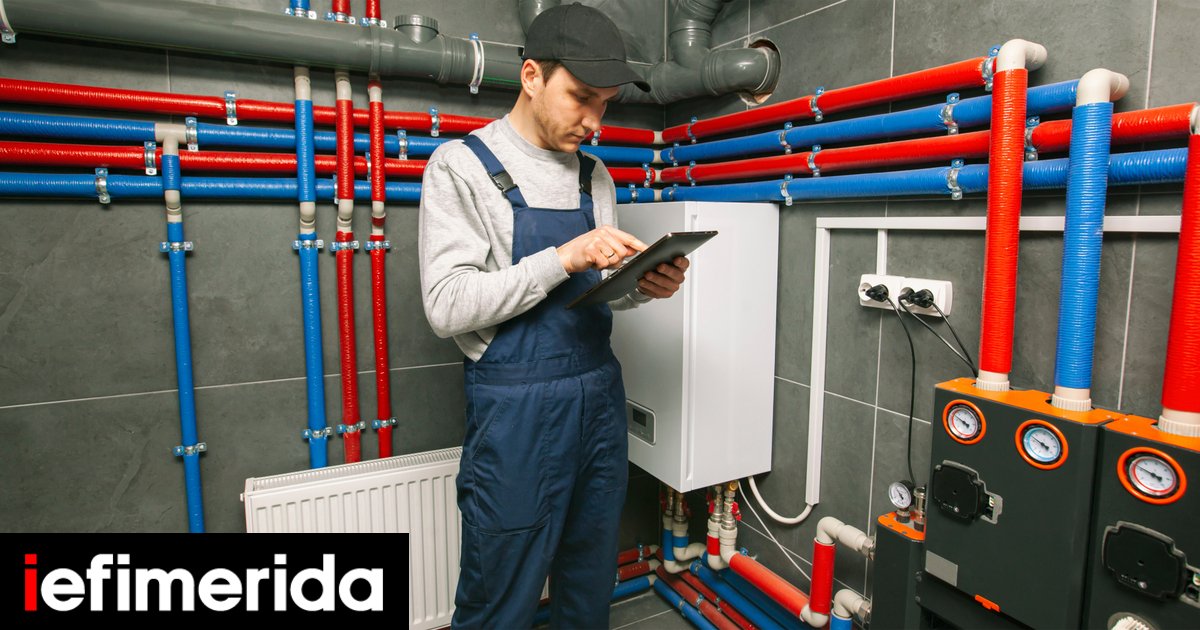
The technology, which uses heat from air or water to heat or cool a space, is seen as a key tool to tackle Europe’s energy crisis and climate change.
Heat pumps are heating devices based on technology that allow us to transfer energy from a space with a lower temperature to a space with a higher temperature
Increase in demand
Bloomberg reports that demand for heat pumps rose sharply in Europe in 2022 as energy prices rose following the Russian invasion of Ukraine.
Sales in Europe jumped to 3 million units in 2022, nearly double the 2020 figure.
the benefits
Heat pumps are more efficient than traditional heaters because they move heat instead of generating it. This means that they can save significant amounts of energy.
In addition to energy efficiency, they have other advantages. They are more environmentally friendly than traditional heaters, because they do not produce exhaust gases and do not exacerbate the climate crisis facing our planet.
Barriers
However, there are also some barriers to the wider adoption of heat pumps. The main deterrent is cost. Heat pumps are more expensive than traditional heating methods.
An additional obstacle is the lack of professionals trained to install and maintain heat pumps.
Overall, heat pumps are a promising technology that can help Europe and our country in particular deal with the energy crisis and climate change.
Demand for heat pumps is expected to continue to grow in the coming years as consumers look for alternative methods of heating.
Landscapes of Greece
Greece aims to increase heat pump installations, according to the revised National Energy and Climate Plan (NECP). This increase is expected to contribute to achieving the country’s goals of energy conservation and transitioning away from fossil fuels.
According to ESEK, the goal is to increase the proportion of households that have installed heat pumps from 7% today to 17% by 2030 and 91% by 2050. Regarding service buildings, the goal is to increase the proportion from 57%. % today to 69% by 2030 and 90% by 2050.
On 26 September, Deputy Minister of Economy and Finance, Mr. Nikos Papathanasis, announced the installation of heat pumps for cooling and heating in Western Macedonia with a budget of EUR 12.1 million as part of the Equitable Development Transition Programme.

“Avid problem solver. Extreme social media junkie. Beer buff. Coffee guru. Internet geek. Travel ninja.”





More Stories
Retrospective for retirees: Who is affected, who wins and who loses – Newsbomb – News
With…Rural Sakis Rouvas
The data-altering 'treasure' is coming – where is it?